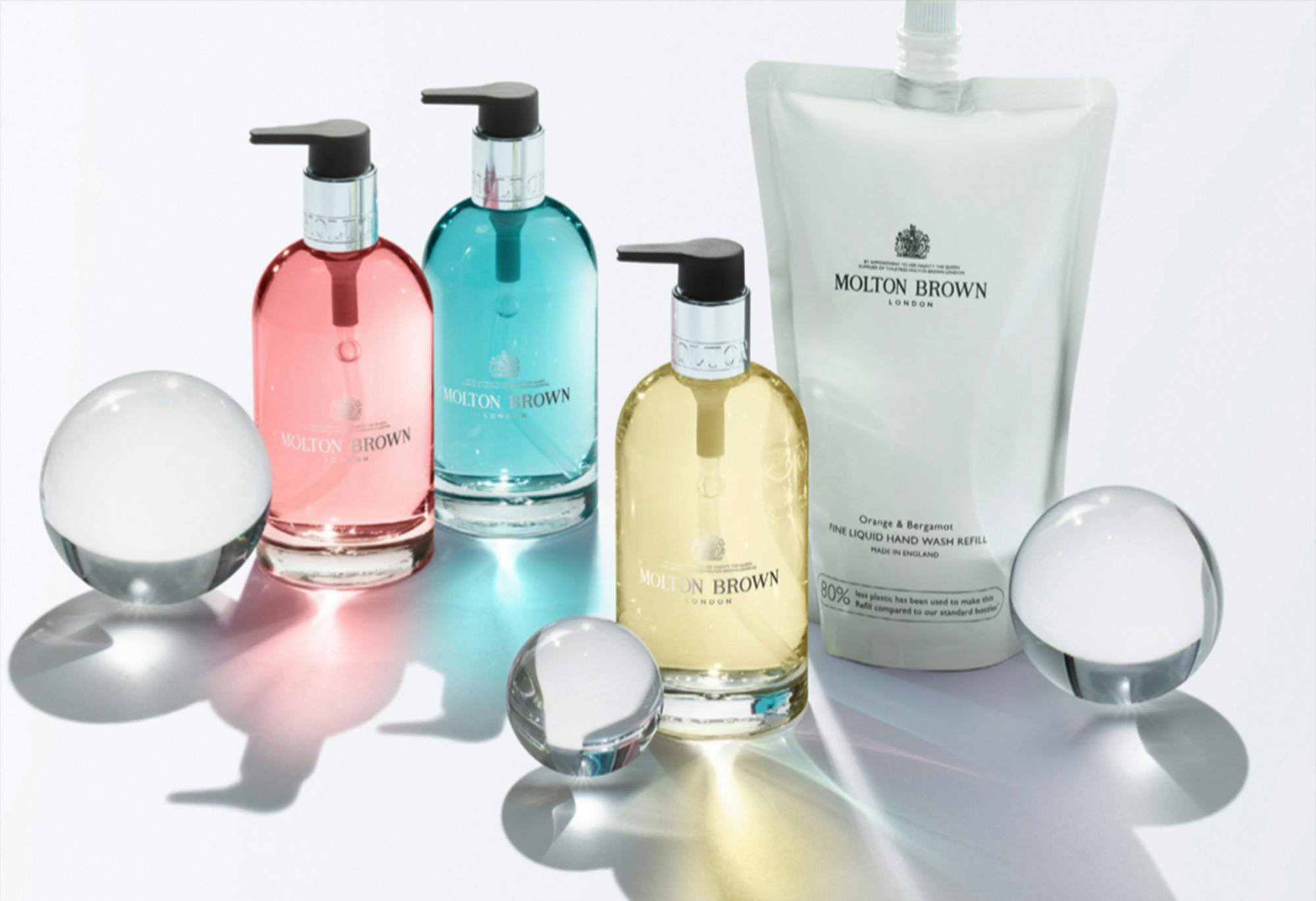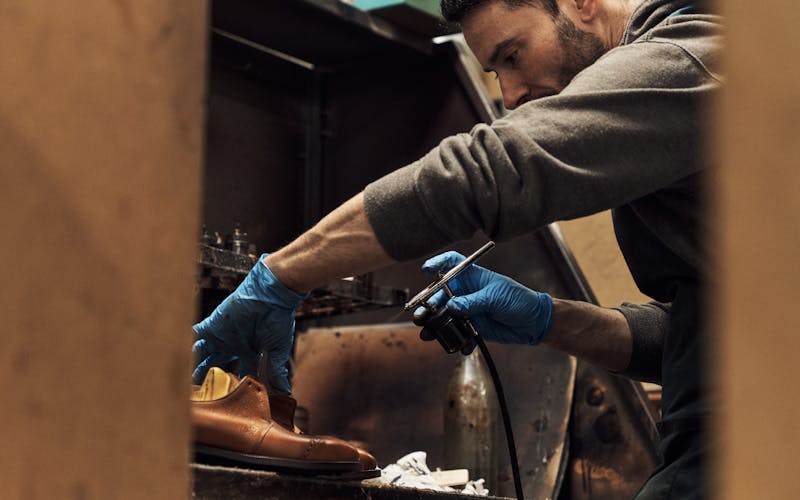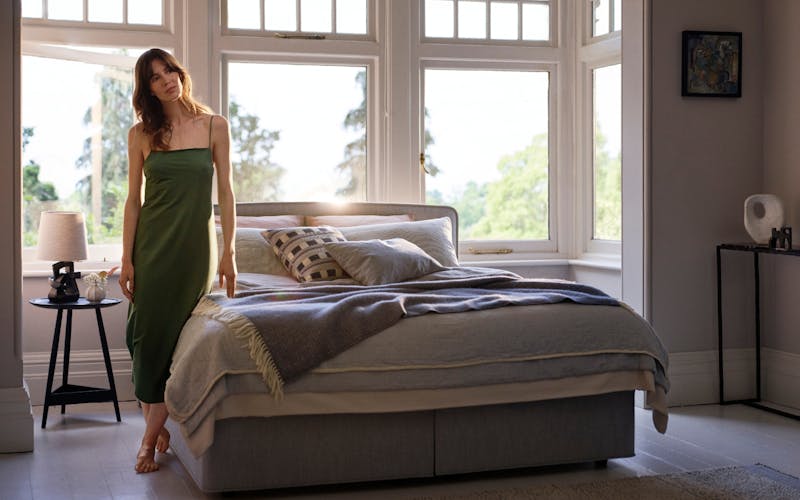

for Walpole members and
non-members available now
at The Londoner



Walpole's British Luxury Sustainability Manifesto defines the issues that matter most to our sector and stakeholders – circular economy innovation, environmental stewardship, supply chain excellence and workplace equality – and our 12 aspirations are designed to establish a pathway for future sustainability success. Importantly, they help member businesses fulfil the 2030 UN Sustainable Development Goals, becoming part of the broader, global push for a fairer, more sustainable world.
As the global population increases, intensifying pressure on our climate and scarce natural resources, it’s more important than ever that businesses transition from a linear ‘take-make-waste’ model to a circular, regenerative economy. In this new reality, products are designed from the outset with reuse or recycling in mind, with waste materials becoming ‘nutrients’ for new products and packaging or returned safely to the environment.
On June 3rd, Walpole’s Charlotte Keesing hosted a Sustainability Session with Molton Brown’s Beatrice Descorps, McKinsey’s Anna Granskog and Harrods’ Ankita Patel. We discussed how packaging remains a prominent consideration for all luxury sectors, and a key concern for consumers, with 79% stating they consider it to be an important issue, according to McKinsey. Considerable challenges exist in improving the recyclability of inbound packaging from a diversity of suppliers. Meanwhile, sustainable, recycled and recyclable solutions for outbound packaging must still offer adequate protection for products and respond to consumers’ desire for luxury and exclusivity.
Wonderful, innovative, and creative packaging has long been associated with luxury brands but it is now often the most visible way they can demonstrate a commitment to sustainability.
As part of Walpole’s British Luxury Sustainability Manifesto with McKinsey, we used this session to learn how a world-famous brand (Molton Brown) and an iconic store (Harrods) are both addressing the issue of packaging in the luxury sector. The challenge is to try to find the right balance and be sustainable and still instilling a sense of wonder.
Molton Brown work with Futerra, a creative agency that specialises in sustainability development. Hotel regulars will know and love the in-room Molton Brown toiletries but increasingly consumers don’t want products in small bottles that can’t be recycled. Molton Brown’s solution was to create a ‘Signature Dispenser’ that prevents more than 18,250 bottles and 137kg of plastic being sent to landfill every year.
One of the most interesting developments has been the formation of a working group that has brought together our most iconic stores, including Harrods, Selfridges and Harvey Nichols. They’ve been looking at inbound packaging and what the problem areas are i.e. bubble wrap, plastic hangers, polybags and sellotape. This will clearly benefit the brands that may otherwise be trying to meet individual expectations across a range of stores and partners. For example, one store may want compostable packaging another may ask for biodegradable.
Instead, luxury stores working together can create a consolidated set of guidelines for brands to reduce plastic. The objective is about creating ‘pack for purpose’ instead of ‘pack to fill’.
Often, it’s not quite as simple as ‘let’s make it all packaging from recycled material’. There are many considerations to factor in such as product safety and visibility for certain food items. And, while it still has to make sense from a commercial perspective, ultimately businesses should be looking at sustainability as an opportunity, not a constraint.
Click here to watch this session On Demand, or email [email protected].





